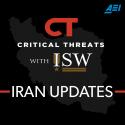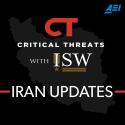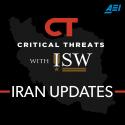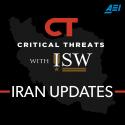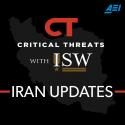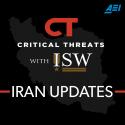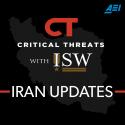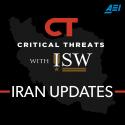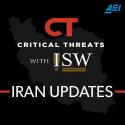Iran Update, August 15, 2023
Aug 15, 2023 - ISW Press
Key Takeaways
1. Iran and the Syrian regime shifted their state-run information operation from the false claim that US forces will imminently attack Syrian-regime controlled territory and are instead alleging that United States supported recent ISIS attacks. Axis of Resistance media, however, continue to falsely accuse the United States of preparing to attack Syrian-regime controlled territory.
2. IRGC Quds Force Commander Brigadier General Esmail Ghaani met with Shia Coordination Framework leadership in Baghdad on August 15. Ghaani’s stop in Baghdad was the latest in a series of meetings with members of Iran’s Axis of Resistance in Iraq, Lebanon, and Syria.
3. Iranian state media signaled the regime’s frustration with the Taliban on the two-year anniversary of the group’s takeover of Afghanistan. This is a change from the conciliatory tone Iranian officials have recently adopted toward the Taliban.
4. Iranian Interior Minister Ahmad Vahidi appointed Qom Provincial Governor Mohammad Taghi Shah Cheraghi as Interior Ministry Political Deputy and head of Iran’s Election Headquarters on August 15. Shah Cheraghi could play a role in formulating the regime’s responses to anticipated security threats in the coming months.


